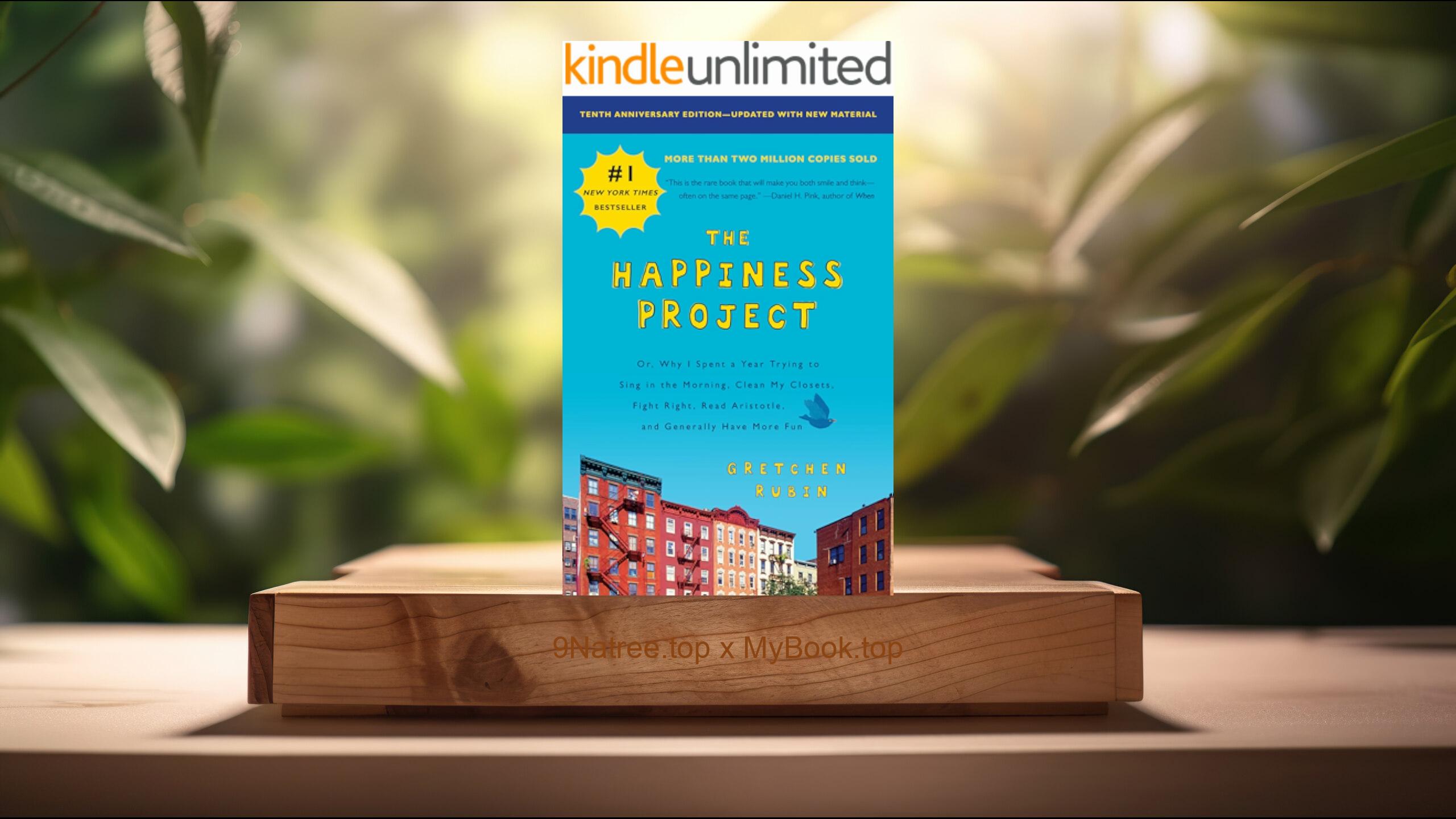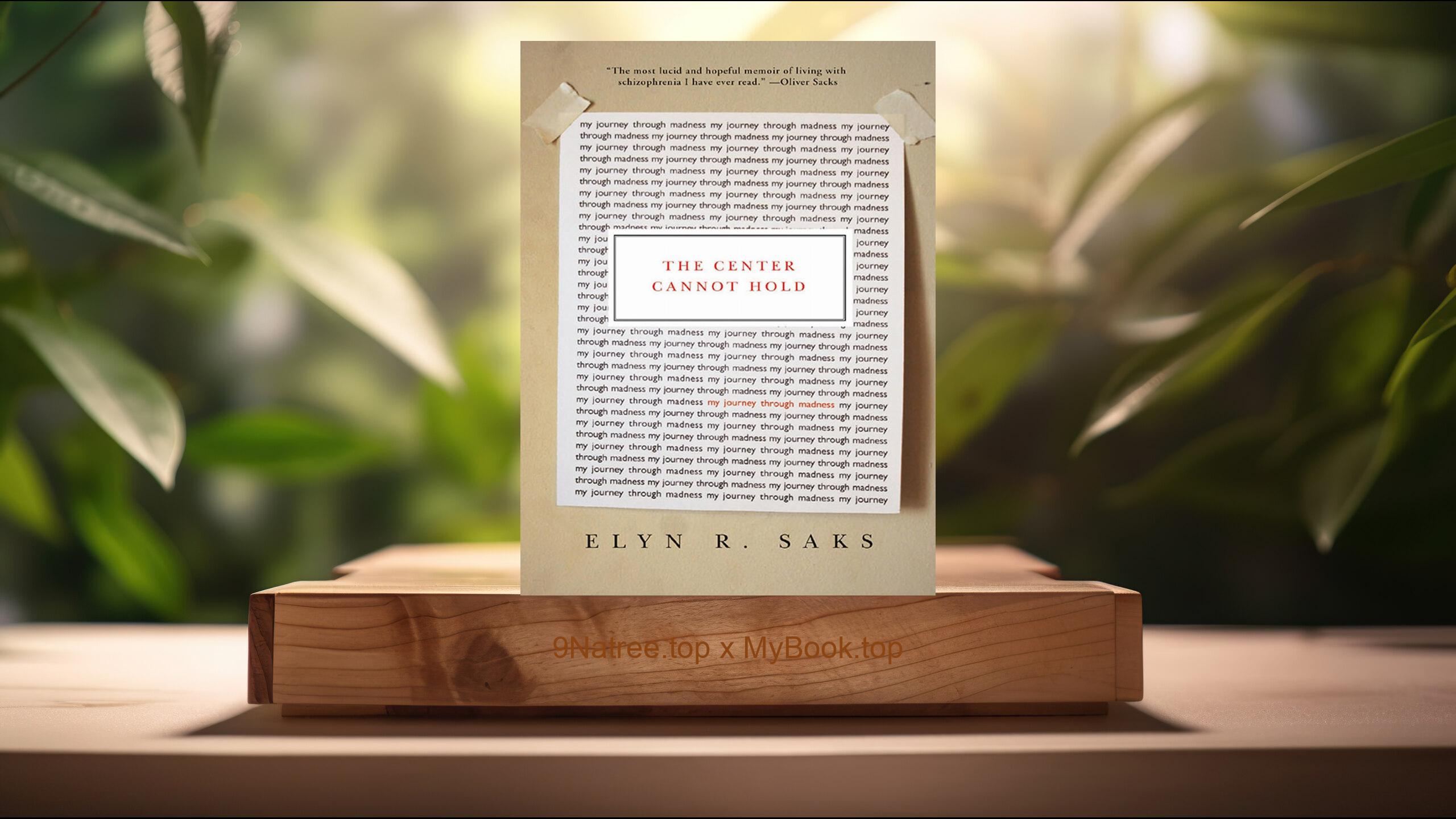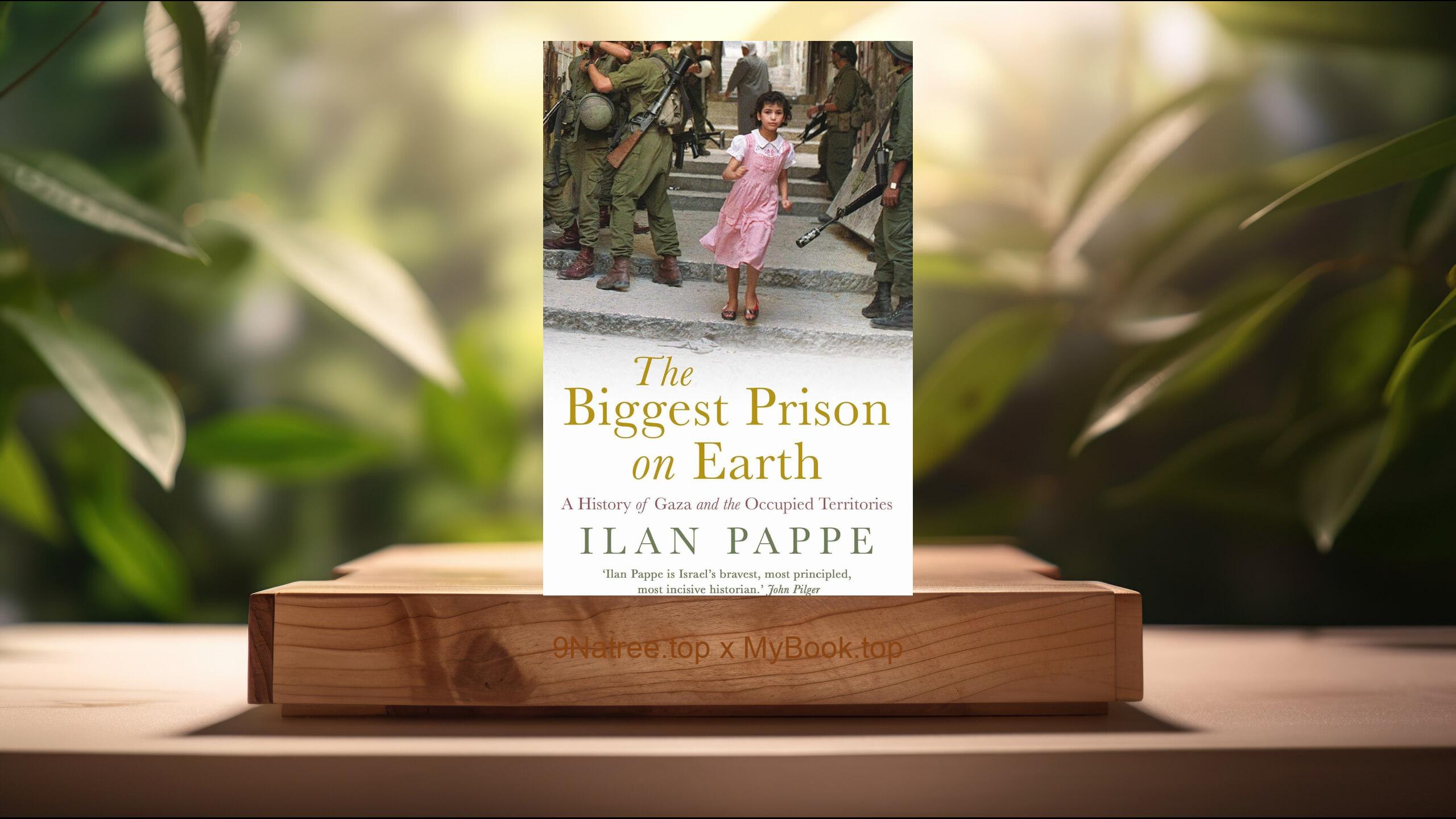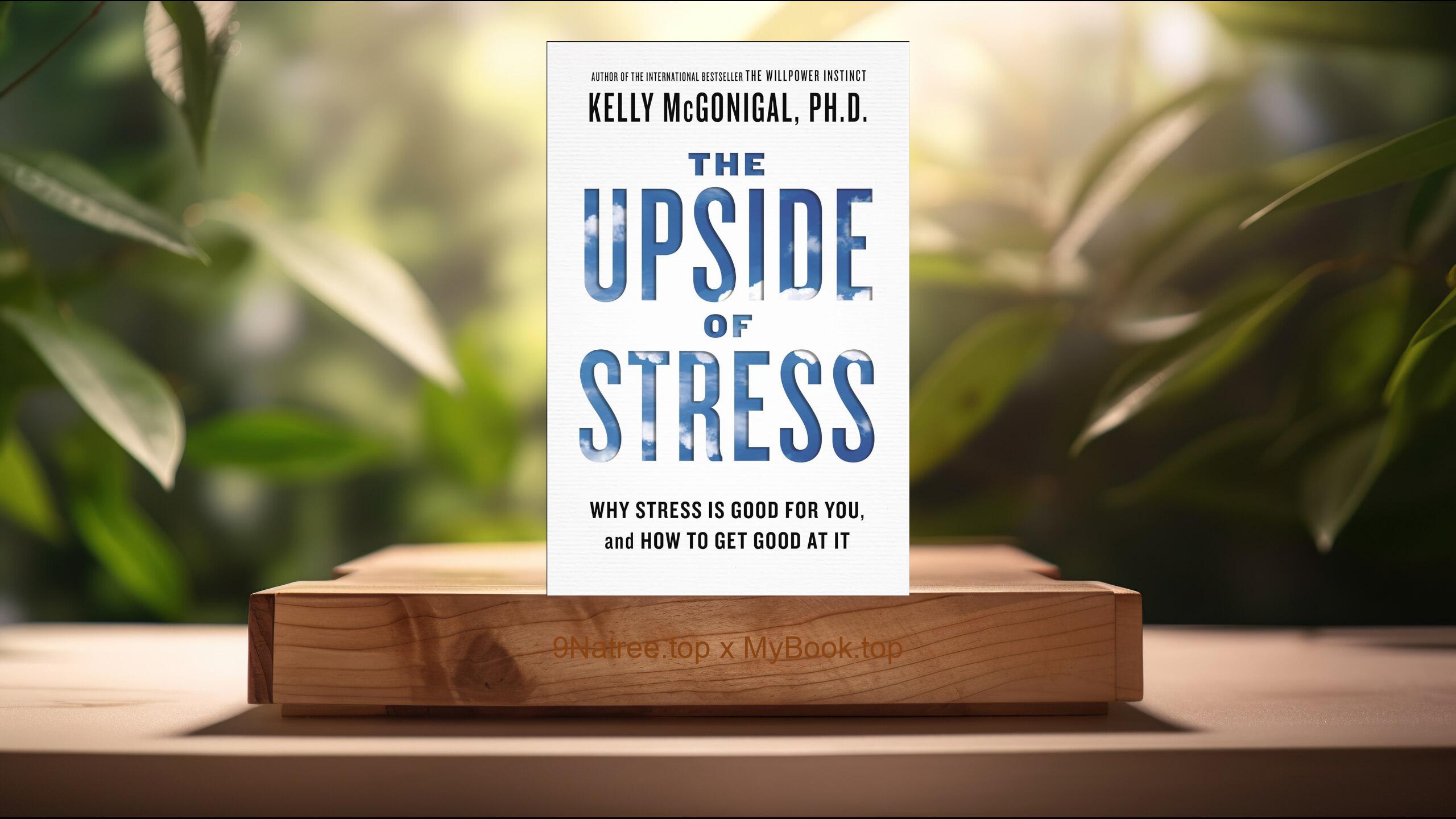Show Notes
Amazon Books: https://www.amazon.com/dp/B003E749TE?tag=9natree-20
Read more: https://mybook.top/read/B003E749TE/
#JonathanHaidt #ancientwisdom #psychologicalwellbeing #happinessresearch #emotionalintelligence #virtueethics #personalgrowth #mindfulness #TheHappinessHypothesis
These are takeaways from this book.
Firstly, The Divided Self: The Elephant and the Rider, Jonathan Haidt introduces the metaphor of the elephant and the rider to illustrate the complex relationship between the emotional and rational parts of the human mind. The elephant represents the emotional and intuitive brain, powerful and hard to control, while the rider symbolizes the rational brain, which attempts to guide and make sense of the elephant's inclinations. This duality is fundamental to understanding human behavior and the challenges we face in pursuing happiness. Haidt argues that happiness results from a harmonious relationship between the rider and the elephant. Misalignment between them can lead to dissatisfaction, while alignment can enhance our sense of well-being. This concept is critical for understanding why we often struggle with self-control and fail to find happiness despite our best efforts. By learning to better integrate our emotional and rational selves, we can approach life with a more balanced perspective, improving our overall happiness.
Secondly, The Pursuit of Virtue and Happiness, Haidt delves into the historical and philosophical roots of virtue and its connection to happiness. Drawing on the teachings of ancient philosophers like Aristotle, he suggests that true happiness is found not in the pursuit of pleasure, but in living a virtuous life. This concept challenges modern notions of happiness that prioritize personal satisfaction and material gain. By exploring how virtue ethics from both Eastern and Western traditions can inform modern psychology, Haidt provides a blueprint for living a fulfilling life. He argues that virtues such as wisdom, courage, and compassion are not just moral ideals but practical pathways to happiness. This topic underscores the importance of aligning one's actions with deeper values to achieve a sense of purpose and satisfaction, offering a more substantial and lasting form of happiness than transient pleasures.
Thirdly, The Role of Love and Attachment in Happiness, Jonathan Haidt investigates the profound impact of love and social relationships on our happiness. Citing research from evolutionary psychology, neuroscience, and sociology, he demonstrates how our capacity for love and attachment is hardwired into our biology, serving not only reproductive purposes but also contributing significantly to our emotional well-being. Haidt highlights the importance of deep, meaningful connections with others, showing how relationships nourish the human spirit and foster a sense of belonging and happiness. He challenges the individualistic perspective, which emphasizes personal achievement over social bonds, advocating instead for a balanced approach that recognizes the value of community and interpersonal relationships. This topic emphasizes the necessity of nurturing our relationships with family, friends, and partners as a central component of a happy life.
Fourthly, The Impact of Adversity on Happiness, Haidt explores the paradoxical role adversity plays in contributing to happiness. Contrary to the belief that happiness is the absence of hardship, he suggests that overcoming obstacles can lead to personal growth and increased resilience, ultimately enhancing our sense of well-being. Haidt synthesizes research from psychology and the narratives of individuals who have faced significant challenges, concluding that adversity often propels people toward deeper meaning and satisfaction in life. He discusses the concept of post-traumatic growth, the process by which individuals develop greater strength and perspective following hardship. This topic challenges the reader to reconsider their attitude towards suffering and setbacks, proposing that the struggle itself can be a source of happiness if it leads to personal development and a greater appreciation for life.
Lastly, The Happiness Set Point and the Possibility of Change, In the final key topic, Haidt examines the concept of the 'happiness set point,' the idea that individuals have a baseline level of happiness that is largely determined by genetics and early life experiences. Despite this, Haidt offers convincing evidence that we can indeed change our levels of happiness through intentional activities and mindset shifts. He discusses the role of cognitive behavioral therapy, mindfulness practices, and cultivating gratitude and positive relationships in altering our emotional baseline. This concept is vital for understanding that, while we may have predispositions towards certain levels of happiness, our actions and attitudes play a crucial role in shaping our well-being. Haidt's exploration of the happiness set point underscores the dynamic nature of happiness and the empowering possibility of personal transformation.
In conclusion, Jonathan Haidt's 'The Happiness Hypothesis: Finding Modern Truth in Ancient Wisdom' is not merely a book; it's a comprehensive guide for anyone seeking a deeper understanding of what it means to live a happy life. By integrating ancient wisdom with contemporary scientific research, Haidt offers actionable insights that can transform our approach to happiness. This book is essential reading for those in the field of psychology, philosophy enthusiasts, and anyone struggling with the pursuit of happiness in modern society. It challenges us to rethink our assumptions about happiness, providing a rich perspective on how to achieve a satisfying and meaningful life. Through its exploration of virtue, love, adversity, and the possibility of change, 'The Happiness Hypothesis' equips readers with the tools to navigate the complexities of human emotions and relationships, making it a valuable resource for cultivating a life of true happiness.
![[Review] The Happiness Hypothesis: Finding Modern Truth in Ancient Wisdom (Jonathan Haidt) Summarized](https://episodes.castos.com/660078c6833215-59505987/images/1750979/c1a-085k3-7nqo76xvawjw-nmqm0w.jpg)




